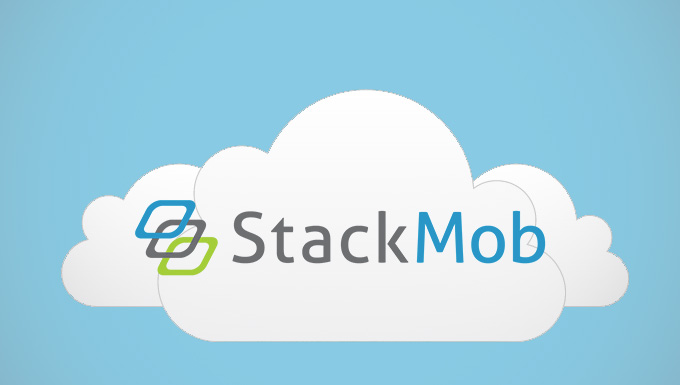
Mobile backend service provider StackMob is being acquired, in a deal expected to be announced soon, according to multiple TechCrunch sources. We’ve heard from a few people the acquiring company is “down south.” Some names that have been tossed around include Oracle and EMC, but we’ve yet to confirm. StackMob, a competitor to now Facebook-owned Parse, had raised $7.5 million in Series A funding in 2011, but was struggling to raise a B round, leading to the acquisition discussions.
Many have been hearing similar rumors of a StackMob acquisition in recent days, but we’ve confirmed now with several sources that the deal has, in fact, closed.
The company, for background, had offered freemium tools that made it possible for developers to more easily build scalable mobile applications, with support for things like custom code, HTML5 hosting, push notifications, location-based services, social authentication, a datastore for apps, API metrics, and more, as well as a Marketplace where developers could quickly add modules to integrate additional features from other third-party services into their applications. (StackMob would earn a 20 to 30 perfect referral fee on these).
This year, StackMob also begin to court enterprise developers by touting its integrations with other software and platforms-as-a-service companies, API infrastructure providers, and others, initially including services from AT&T, Alfresco, Box, Braintree, GoodData, Mashery, Mulesoft, New Relic and Rackspace.
At the time, CEO Ty Amell said the company was generating revenue, but would still need another round to grow the sales team and expand faster. “The dirty secret with backends-as-a-service is that it takes a lot of time and money, especially when you’re talking about enterprise. It takes a lot of time to become profitable,” he said in February, adding that the company was not yet “revenue-positive.”
StackMob also tried to capitalize on competitor Parse’s acquisition by Facebook, hoping to woo disgruntled developers to its platform via a Parse migration tool. That acquisition may have validated the overall space, but it seems that only a vocal minority were griping about the change, or frustrated enough to actually leave. In the months since, Parse grew from 60,000 apps at the time of the acquisition to 100,000 apps by this June, and has continued to roll out features.
Meanwhile, signs of StackMob closing up shop have also appeared in recent days:
I guess @StackMob went out of business. Can’t seem to reach a human. No blog post in months and services are broken.
@tyamell StackMob go out of business or what? Can’t reach ANYONE for days AND CS # says out of service.
— Aaron Wright (@WrightsCS) December 13, 2013
— Aaron Wright (@WrightsCS) December 12, 2013
It’s not surprising that StackMob had to fold, given the initial hype followed by lack of momentum lately in the mBaaS (mobile backend-as-a-service) space. Companies have had issues monetizing – even Parse loses money on higher volume applications, at times, we’ve heard. And on the enterprise side, there are security concerns around exposing corporate data to the various mBaaS platforms. It was time for some of the mBaaS players to find an exit, and it looks like StackMob did.

ConversionConversion EmoticonEmoticon